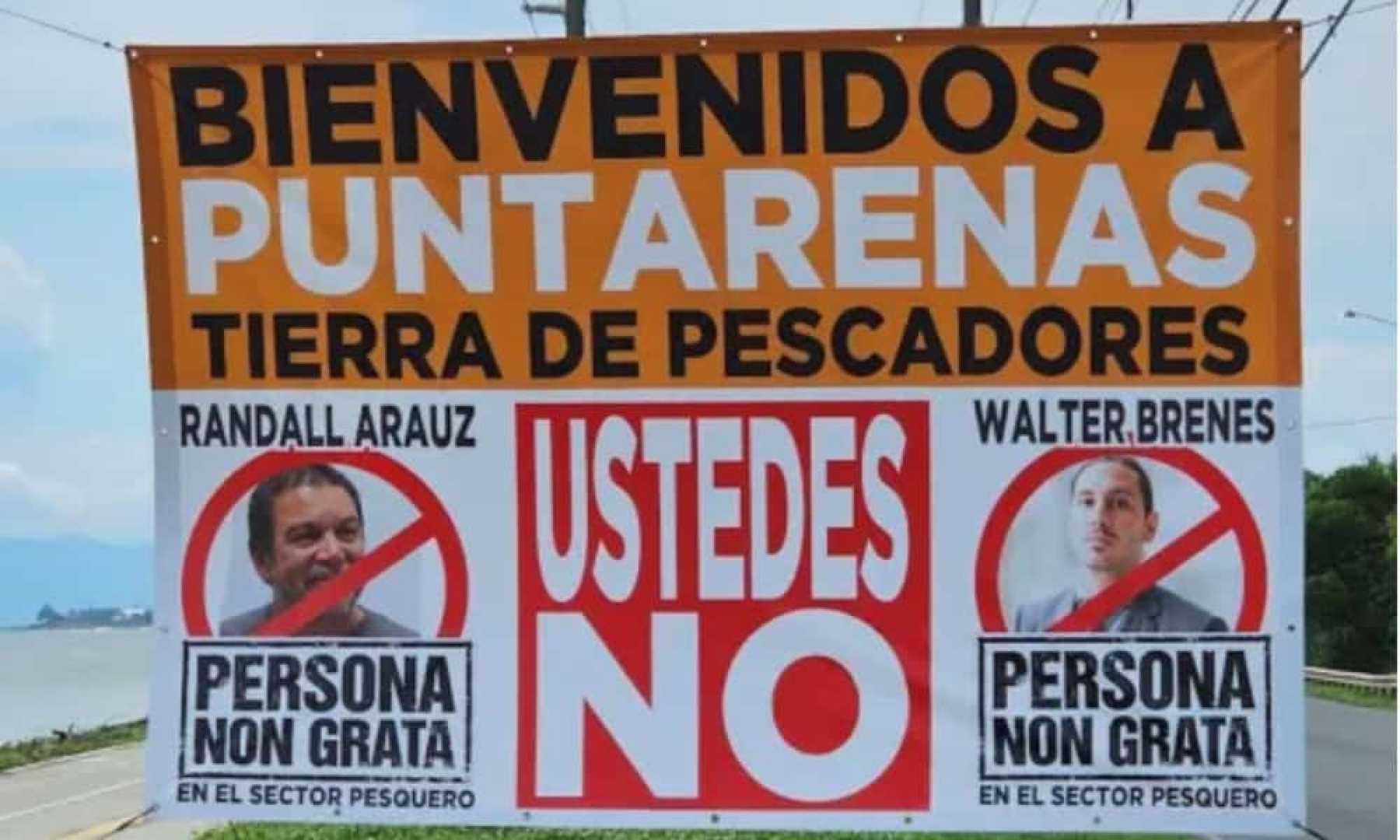News
Environmentalists in Costa Rica Face Escalating Threats and Harassment

San José, Costa Rica — Environmental activists in Costa Rica are encountering a troubling rise in threats and harassment as they oppose projects that harm ecosystems. Groups indicate that a systematic pattern of repression is unfolding, which includes public stigmatization, digital attacks, and legal intimidation.
In Puntarenas, billboards have emerged branding local activists as ‘persona non grata,’ a term that isolates these defenders from their communities. Additionally, online campaigns filled with disinformation and gendered threats target individuals, especially women, who challenge coastal developments or illegal logging.
Legal actions further complicate the situation for these environmental defenders. Developers have initiated lawsuits against content creators for publishing videos that question the environmental impact of their projects, claiming defamation. These lawsuits, referred to as Strategic Lawsuits Against Public Participation (SLAPP), are designed to drain activists’ resources and silence dissent. Recent reports indicate that some activists have had their bank accounts frozen, preventing them from continuing their essential work.
The Federation for Environmental Conservation and Bloque Verde highlight a grim trend that aligns with broader institutional changes. The latest State of the Nation Report reveals a significant weakening of environmental bodies due to budget cuts and staff reductions at both the Ministry of Environment and Energy (MINAE) and the National System of Conservation Areas (SINAC).
These changes have led to less funding for larger protected areas and a shift in policy that centralizes decision-making while sidelining scientific and community input. Activists claim that this dismantling of support for environmental protection places vital water sources, forests, and biodiversity at greater risk. They cite ongoing coastal development in Guanacaste as an example of unplanned tourism causing strain on wetlands and mangroves.
Indigenous communities and rural defenders are among those facing increased threats, including death threats linked to land recovery efforts. These occurrences coincide with discussions on resource extraction and regulatory rollbacks. Organizations assert that safeguarding natural resources is essential for public health, sustainable tourism jobs, and democratic rights.
Environmental groups maintain that freedom of expression and active participation are crucial for holding developers accountable. They emphasize that without stronger protections for defenders and a reversal of the current decline in institutional support, Costa Rica risks compromising its conservation achievements. Activists are calling for new protocols to tackle intimidation, anti-SLAPP legislation, and a renewed focus on environmental governance. They argue that defending ecosystems is vital for the country’s future stability and justice.












